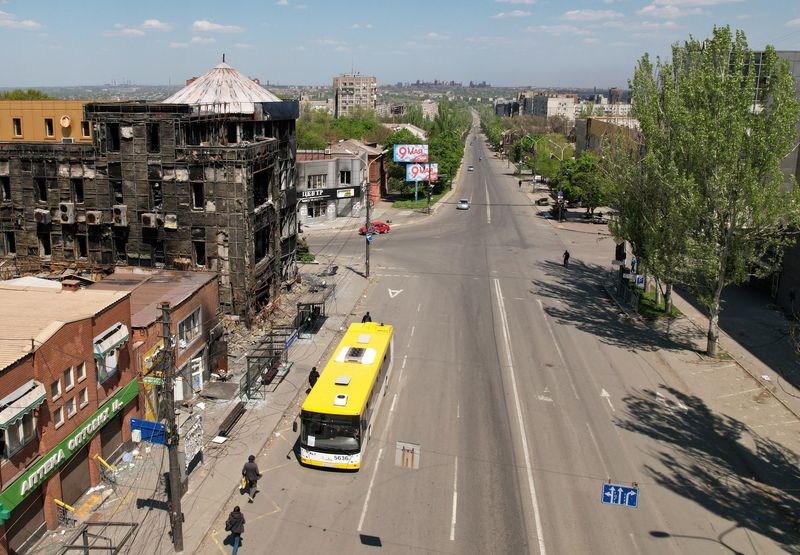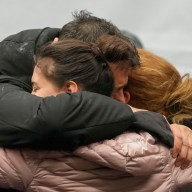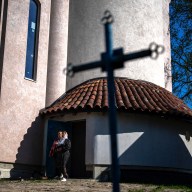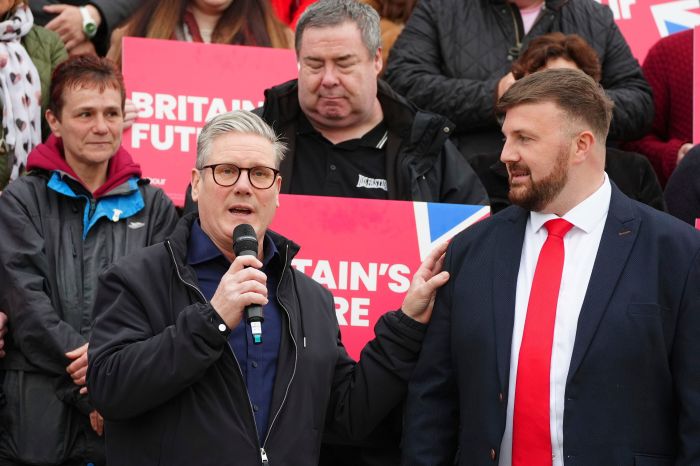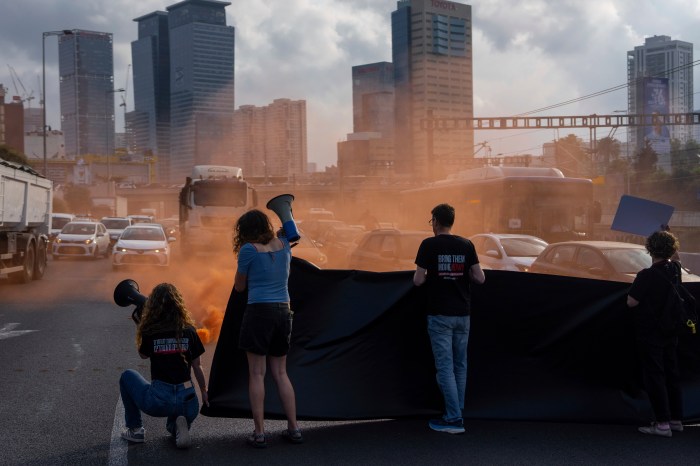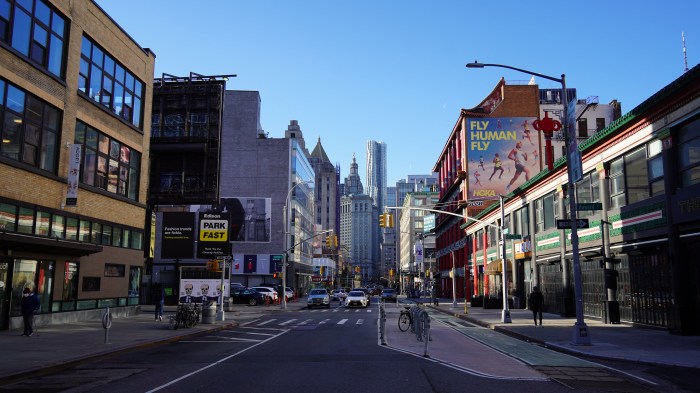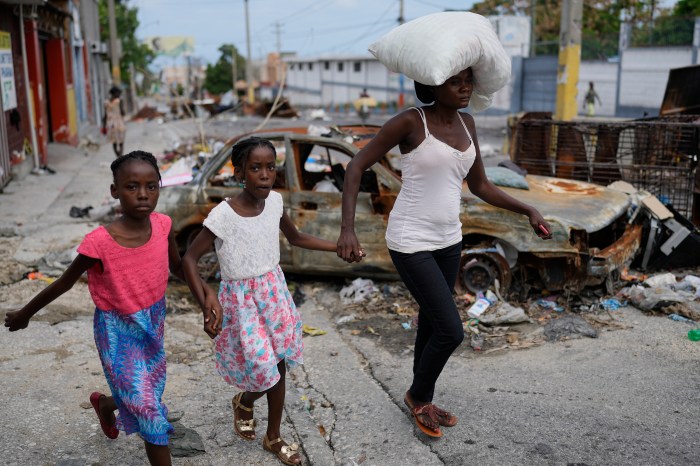GENEVA (Reuters) – The U.N. Human Rights Council will hold a special session on Ukraine this week, an official said on Monday, after Kyiv called for a review of the situation there, including reports of mass casualties in Mariupol.
Diplomats told Reuters that the meeting, set to take place on Thursday, could include a resolution that would task the newly formed Commission of Inquiry into the war with providing a detailed report to the council later this year.
Among at least 55 signatory countries to a letter requesting the meeting were Germany, Britain, Turkey and the United States.
Diplomats supporting Ukraine said the expression of solidarity was important amid fears that Russian attacks could intensify as Moscow marks the anniversary of the Soviet Union’s victory over Nazi Germany in World War Two.
“The current situation requires the urgent attention of the council in view of the recent reports of war crimes and large-scale violations in the town of Bucha and other liberated areas of the country and ongoing reports of mass casualties in the city of Mariupol,” Ukraine’s ambassador to the United Nations, Yevheniia Filipenko, wrote in the letter to the council’s president dated May 9 and seen by Reuters.
U.N. Human Rights Council spokesperson Rolando Gomez told Reuters the meeting would take place on Thursday.
A spokesperson for Russia’s mission in Geneva did not immediately respond to a request for comment.
Russia denies targeting civilians and calls its actions in Ukraine a “special operation” to disarm Ukraine and protect it from fascists. Ukraine and the West say the fascist allegation is baseless and that the war is an unprovoked act of aggression.
Russia was suspended from the Human Rights Council where it was one of 47 voting members last month, prompting Moscow to quit. In theory, they could still send an envoy to the Geneva meeting and would be permitted to respond as a concerned country, according to the council’s rules.
(Reporting by Emma Farge; Editing by Alex Richardson and Alison Williams)

